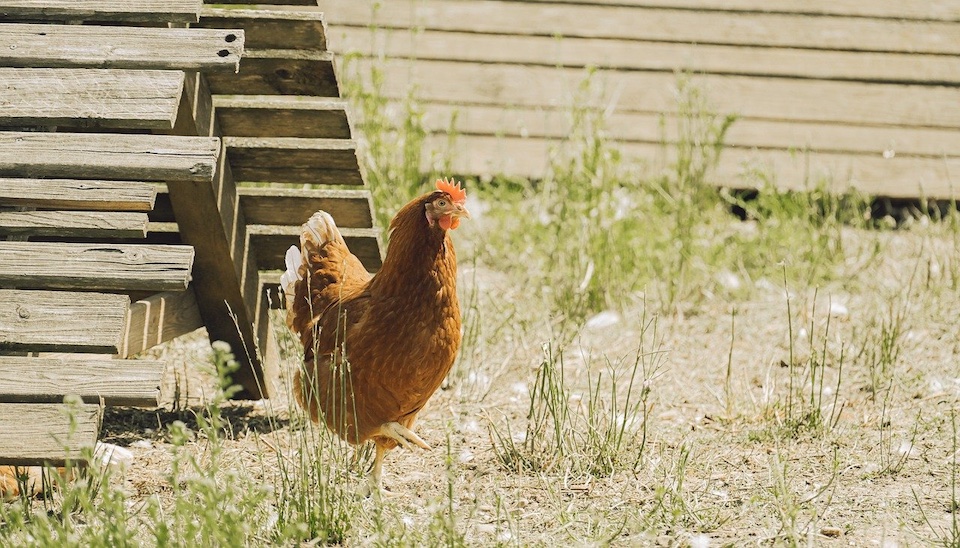Mycoplasmosis in Chickens
Mycoplasmosis in Chickens
To chickens mycoplasmosis and its symptoms is equivalent to a bad common cold. Mycoplasmosis refers to bacteria-like pathogens, of 17 in total, two mycoplasma are infectious to backyard chickens. These are the Mycoplasma gallisepticum (MG) and M. synoviae (MS )
Essentially, it is a respiratory illness that gives your hens a general unwell feeling with blocked sinuses, sneezing and the occasional cough.
Just like the common cold, mycoplasmosis spreads quickly with a high rate of infection. Luckily however, the mortality rate is low. Nevertheless, if your poultry are under stress or is also infected with e.coli or bronchitis then this "common cold" could quickly become a more serious infection
Symptoms of Mycoplasma
The signs and symptoms of mycoplasma are persistent and if you have them in your coop you may find them to be constantly reoccurring. Many chickens may carry the pathogen and not show any symptoms, yet in the background the bacteria is rapidly breeding awaiting stressors which will allow them to take hold of your chicken's delicate respiratory system.
Symptoms include:
- Foamy eyes, swollen eyelids. Eye discharge may be seen on their face or feathers and may have a smell
- Swollen sinuses
- Nasal discharge
- Sneezing
- Gasping
- Varying degrees of respiratory distress
- Coughing
- Symptoms of MG include the above and may also include inflammation of the joints making them both hot and also swollen
Causes:
Mycoplasmosis is highly infectious and thrives in birds with a low immune system, is exposed to stress or is recovering from a previous illness or parasite.
Transmission occurs via contaminated feed and water from infected poultry, through the air via sneezing droplets, bird to bird contact and also via newborn chicks who have been exposed in the egg from their mother.
The spread of mycoplasma also occurs at bird shows and bird carries. It can even be spread by the handlers. Rest assured, mycoplasma does not affect humans.
How to treat Chicken Mycoplasmosis
If you are noticing any symptoms you must quarantine your chicken from the rest of the flock. Once you have removed the infected chicken to another coop or area it is essential that you thoroughly clean down the coop using a disinfectant and replace all bedding in all the nesting boxes. Clean your feeder and drinkers with the disinfectant also.
Unfortunately, while antibiotics can sometimes be useful in helping symptoms, it will not eradicate the bacteria.
The best treatment for treating chickens with mycoplasmosis is rest, electrolytes, minerals and vitamins along with probiotics to support their immune system. These measures will help to facilitate healing and strengthen their own immune system to fight the infection.
Also note: it is important to remember that when caring for a sick chicken that you can unknowingly spread the pathogen to the healthy flock. Take measures such as using disposable clothing and foot dips when treating sick poultry.



